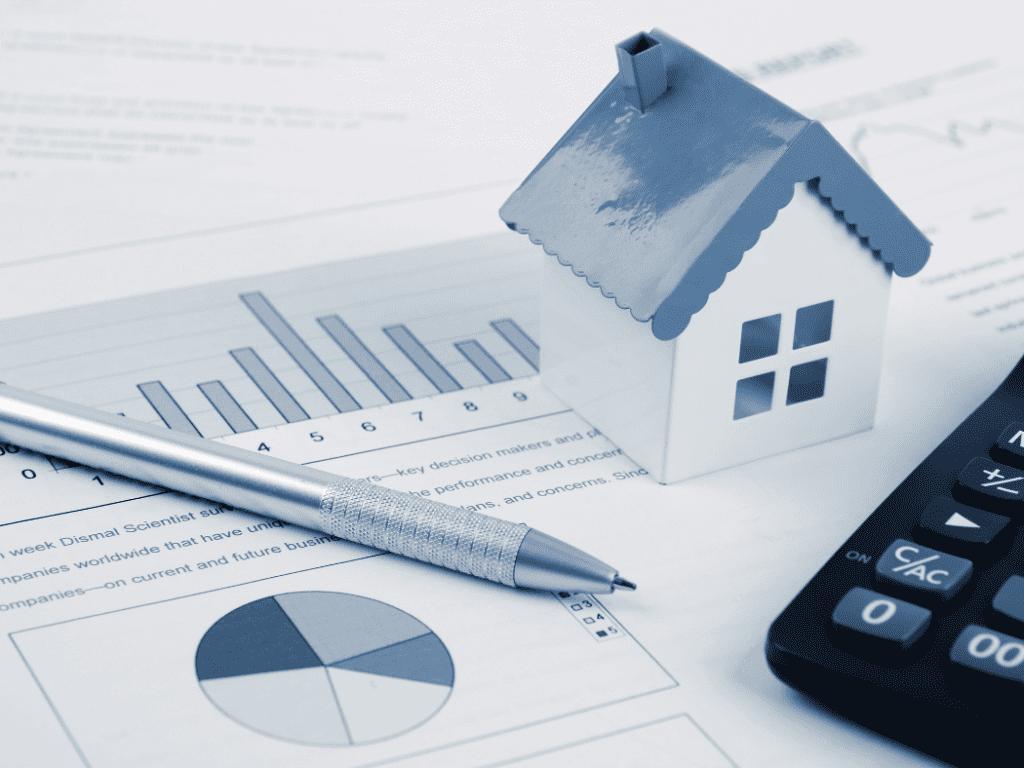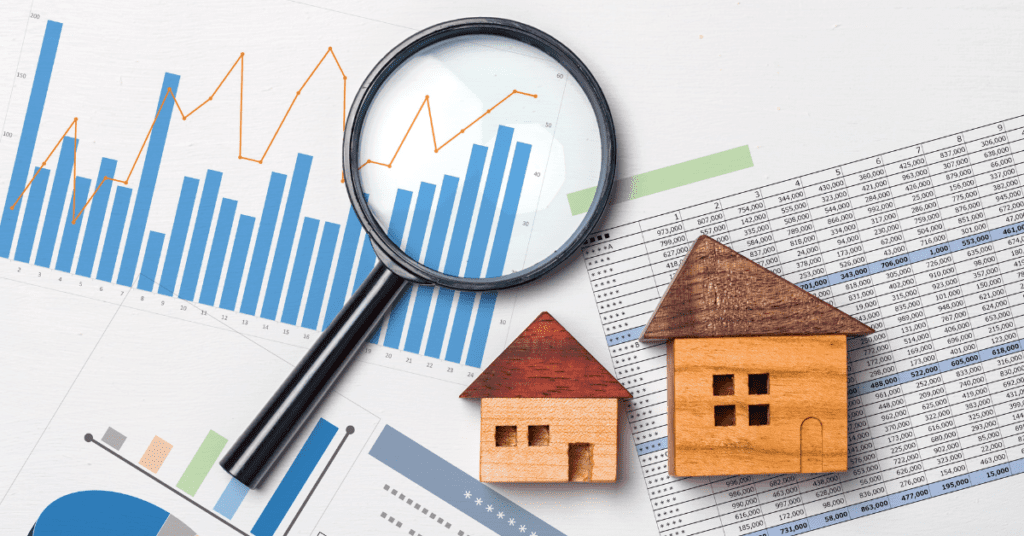
Selling Your Home FAQs
Are you ready to put your property on the market? If so, you probably have some goals in mind. You may be thinking, I want to sell my house quickly. On the other hand, maximizing your sale price may be your biggest priority. Whatever you hope to achieve, understanding the selling process is the first step. It starts with the answers to your most pressing questions. Below are some FAQs about selling your home.
These are some of the selling-your-home FAQs you should know before putting your property on the market…
I Want To Sell My House, Where Do I Start?
Selling a home requires time and effort, which is why you want to ensure that every step you take is strategic. Here are a few things you should think about before you take action.
Should I sell my house before I buy my next home?
It’s one of the most frequently asked questions that home sellers have. Should you sell your current house before buying the next one, or vice versa? The truth is, there are pros and cons associated with both approaches.
Buying first pros
Purchasing a home before selling the one you reside in now can make for a less stressful transition. It means a more relaxed timeline for your search (since you won’t be scrambling for accommodations between owning one property and the next).
Buying first cons
If you purchase a house first, you’ll have to find the funds for your deposit and down payment. Unfortunately, you won’t have the money from a recent home sale to draw on, unless you do a refinance. There’s also a chance that you’ll wind up paying two mortgages if your current house doesn’t sell right away.
Lastly, if the market slows down before you sell, you may wind up with a lower return than expected (and potentially encounter challenges paying off your mortgage).
Selling first pros
Selling your existing home before purchasing the next one will allow you to search with confidence. You’ll know the precise amount of money available to you, which will allow you to set a more accurate budget. Having those funds in the bank can also provide some peace of mind.
Selling first cons
Let’s say you sell your house but can’t find and secure another property right away. You could find yourself without a place to call home for a while. If some time passes between when you sell one place and buy another, there’s also a possibility that your dollar won’t go as far (depending on how the market changes).
What should I expect when selling my house?
Your house is likely your largest asset. You’ve spent time building equity in it, and now’s the time to cash in. While you may be excited about your upcoming return, you’ll have to put in some effort before you can secure it.
From decluttering and cleaning to staging and showing, there are a few steps to navigate. An experienced agent will do the heavy lifting, but your ongoing involvement is crucial. In other words: be prepared to make some decisions.
How long will the process take?
The (perhaps unsatisfying) answer is, it depends. To start with, your agent will know the average days on market for homes in your area Current conditions (and whether they favour buyers or sellers) may also play a role in the amount of time it takes your property to sell.
If your house faces a lot of competition, taking steps to ensure that it doesn’t sit on the market too long is critical. Depending on the situation—and how well your agent handles the sale—it could take days, weeks, or even a couple of months.
Home Pricing Strategy: How It Works
Chances are, there are a few selling-your-home FAQs on your mind right now. Most likely, some of them pertain to pricing. When you’re ready to settle on a number, here’s what you should know.
Why does strategic pricing matter?
The price you set should be based on more than opinions and anecdotes.
Choose a sum that’s too low, and you won’t receive your property’s full value. Over price it, and you may not get any offers. By relying on market data and the expertise of a local agent, you can set a price designed to attract buyers—without sacrificing your best interests.
What is a comparative market analysis?
A comparative market analysis (CMA) is a document that looks closely at recent sold prices for homes comparable to yours. The properties included will be similar in terms of size, number of bedrooms and bathrooms, and features. They’ll be in your immediate neighbourhood. This data, prepared by your agent, is designed to help you set an informed and strategic price.
What are the dangers of overpricing?
Some sellers take their chances by choosing a number that’s significantly above market value. Unfortunately, overpricing can have consequences. It often leads to a lack of interest from buyers, which could leave your home sitting on the market for an extended period. When that happens, buyers will begin to see it as flawed—and you may have to drop your price.
While your agent can help you create a strategy for reducing your price if need be, you’re better off working together to find the right number from the beginning.
How Do I Get The Highest Price For My House?
If you want to sell your home for the best possible return, it needs to make a fantastic impression. Through careful preparations, professional staging efforts, and proven marketing tactics, you and your agent can help ensure that it does. Here are a few things to consider.
How should you get your home ready to sell?
It’s a rare home that doesn’t require some sprucing up before it goes on the market. The truth is, most properties require a combination of decluttering, cleaning, staging, and curb-appeal enhancements to ensure they’re show-ready.
That’s why one of the best things you can do to secure a return you’ll be pleased with is to take the improvements that your agent suggests seriously.
Should you renovate your home?
Some sellers perform extensive work on a home in hopes of securing a better result. The truth is that major renovations—such as adding a sunroom—sometimes have little to no positive impact on your bottom line.
The good news is, smaller, strategic upgrades (like a new coat of paint or repairs to your squeaky doors) could make a difference in how your home is perceived. Your agent can point out potential areas of improvement.
How can you sell your house quickly?
If you want to sell your property quickly, a combination of competitive pricing, impactful preparations, and strategic marketing can help you get there. When you interview an agent that you’re thinking of working with, make sure they know that a quick sale is your primary goal—and ask how they might tailor their strategy to help you meet it.
How does real estate marketing work?
Before you can start receiving offers, buyers need to know your home exists. Through the right combinations of materials and distribution methods, your agent can spread the word far and wide. The first step will be identifying your most likely buyer. The next one is crafting a plan to target those who fall within this demographic.
From online listings and social media posts to print advertising and direct mail, there are many avenues your agent can take to attract the attention of buyers. It’s their job to find the ones that will cast your home in the best light!
Quick tip: ask any agent you’re thinking of working with to view marketing materials they’ve created in the past. If they look professional, polished, and compelling, you’re likely on the right track!
Staging 101
You’ve probably heard of home staging—but if you’re like many buyers, you may be unsure about how it works. If you’re trying to decide whether this step is right for your sale, here’s what you need to know…
What are the benefits of staging?
Studies consistently show that staged homes sell quicker and for more money than their unstaged counterparts.
Since the process can dramatically improve the impression that your property makes, it also leads to more beautiful listing photos—which will usually translate into more showings.
How does staging work?
There may be home hunters out there who share your distinctive sense of style, but staging is all about maximizing your buyer pool. That means appealing to as many potential purchasers as possible.
Through the right paint, furniture, and decor, a real estate professional with staging expertise can help increase your property’s appeal. It’s all about striking the right balance to create an aesthetic that’s stylish, comfortable, and neutral enough to attract many different buyers—without being boring.
Should you stage your home?
In most cases, the answer is yes. While some properties could benefit from a complete refresh, others just need a light touch. Your agent can assess your property to help you determine whether to take this step.
The Bottom Line
They’re common thoughts for most sellers who are putting a property on the market. I want to sell my home quickly. We’re looking to get top dollar for our house.
The good news is, a strategic approach can help you achieve your selling goals. The best part? It doesn’t have to be a stressful or overly-complicated experience. With the right real estate guidance, you can ensure that your next sale is smooth, streamlined, and successful.
When you’re planning to sell a home, we’re here to help. Get in touch to learn more about our local expertise!


